Joe Biden won’t apologise for Hiroshima atomic bombing on G7 visit
US President Joe Biden will focus on the future, aides say, as he pays respects to 140,000 killed by atomic bomb.
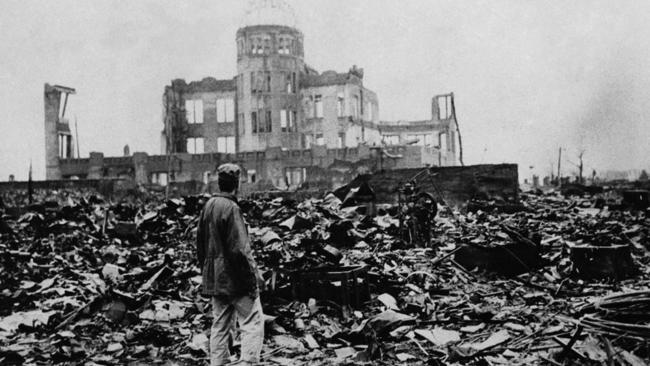
US President Joe Biden will pay “respects” to the 140,000 killed by America’s atomic bombing of Hiroshima but will not offer an apology as he visits the city for the G7 summit.
Mr Biden will join other G7 leaders, including Rishi Sunak and Australian PM Anthony Albanese, on a visit to the famous peace park and museum which commemorate the world’s first atomic bombing.
They will be led by Japanese Prime Minister Fumio Kishida, MP for a Hiroshima constituency and whose family originally came from the city.
But according to the President’s aides, he will offer no apology, or comment on the morality of the bombing.
“The President won’t be making a statement at the peace memorial park,” the US national security adviser, Jake Sullivan, said. “This is him as one of the G7 leaders coming to pay respects.”
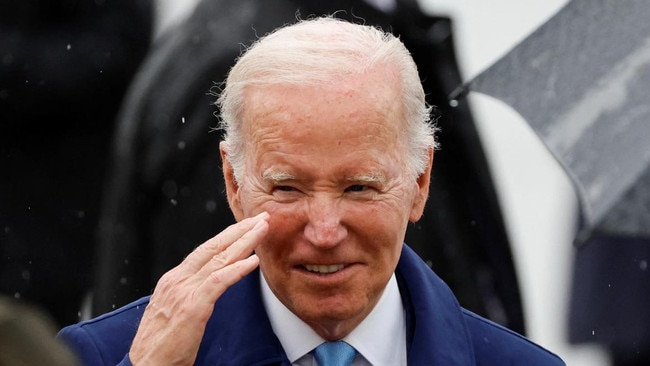
US national security council spokesman John Kirby said: “The President plans to visit the memorial and to pay his respects to the lives of the innocents who were killed in the atomic bomb that was dropped on Hiroshima. The focus of the trip [is] the future.”
Mr Biden, who arrived in Hiroshima on Thursday, will become the second sitting US president to visit the city after Barack Obama in 2016. Like him, he will do everything he can to avoid the question: was it morally right to drop the bomb or not?
G7 leaders are united in their condemnation of Russia’s deadly bombing of civilians in Ukraine. But the death toll there is tiny compared with the 140,000 who died in Hiroshima on August 6, 1945, followed by 70,000 more in Nagasaki three days later.
Most Americans believe the bomb ended World War II and saved the lives of countless American soldiers who were preparing for a land invasion of the Japanese mainland. But many Japanese, and some western historians, believe that the bomb was dropped on an exhausted nation which was already on the verge of surrender.
Mr Kishida was born and grew up in Tokyo but he makes much of his family’s origins in Hiroshima, where relatives died in the bombing. He is expected to escort the G7 leaders around the Hiroshima Peace Memorial Museum, which contains relics of the calamity, such as the bloodstained clothes of children killed by the bomb and watches stopped at 8.15am, the moment it fell.
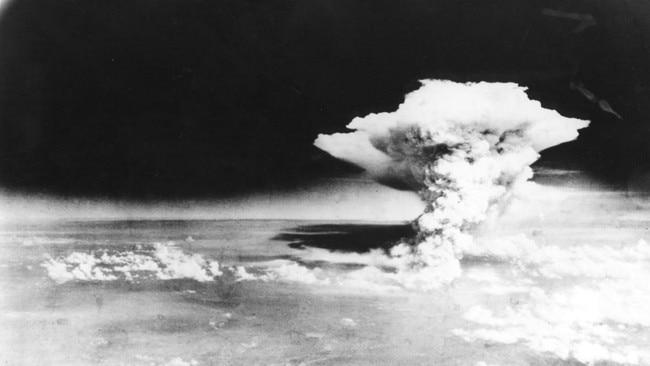
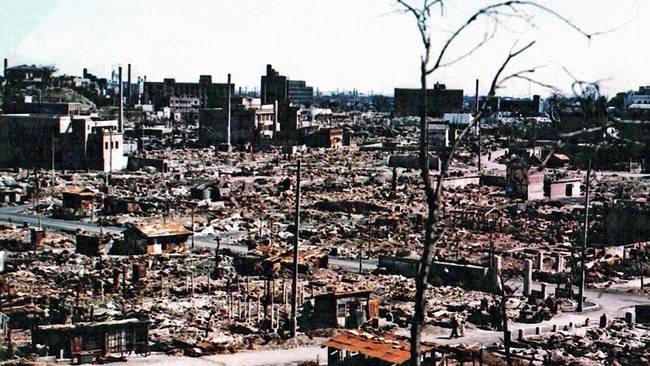
“I would like to demonstrate our commitment to peace in Hiroshima,” Mr Kishida said this week. “I hope this summit will be etched in history.”
Despite such avowals, the summit is unlikely to produce any concrete progress towards disarmament, at a time when Russian President Vladimir Putin is hinting that he may resort to nuclear weapons in Ukraine.
Japan relies more than ever on the US nuclear “umbrella”, an element of the defence treaty with Washington that has guaranteed its security since World War II. The government refused to sign up to the Treaty on the Prohibition of Nuclear Weapons in 2021.
Faced by an increasingly aggressive China and a nuclear-armed North Korea as neighbours, Japan is doubling its defence spending and moving ever further from the pacifist principles enshrined in the constitution imposed on it by the US in 1948.
G7 leaders are expected to unite to prevent China from imposing economic pressure, and tighten sanctions against Russia.
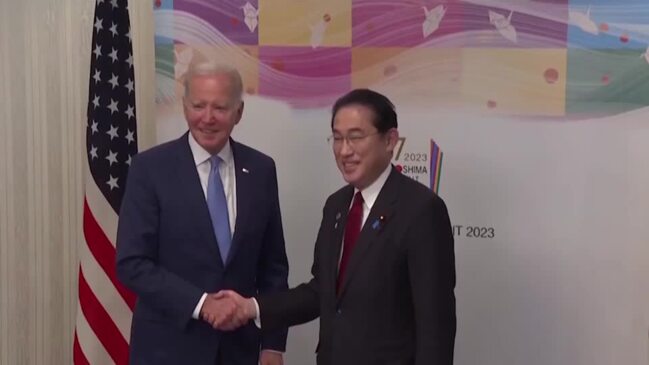
In a discussion that will be rejected by Beijing, leaders will attempt to agree measures to oppose what they call “economic coercion”, the kind of punitive trade sanctions that China has imposed on governments that displease it, including Australia, Lithuania and South Korea.
There are distinct differences of emphasis among G7 members.
In April, the foreign ministers issued a statement expressing “serious concern” about rising tension in the South and East China Seas, where China is making aggressive claims to disputed islands and called for “peaceful resolution” of the question of Taiwan.
But it also stressed the importance of engagement with China, reflecting the views of President Emmanuel Macron in France. After a visit to Beijing, he declared that Europe should not be an American “vassal” and must avoid being drawn into a conflict over Taiwan.
Japan will seek a compromise. In the past, Japanese governments have been at pains to avoid offending China as far as possible.
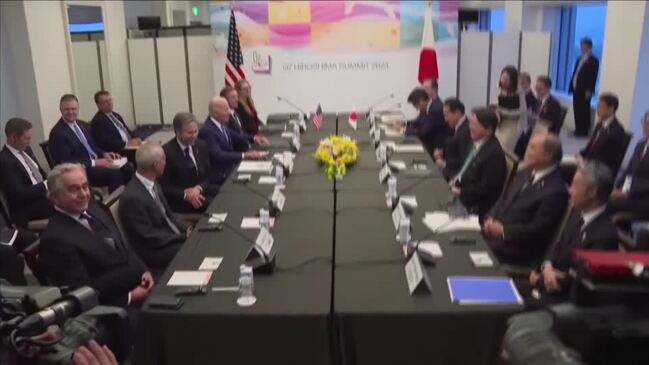
The meeting between leaders on Friday will be dominated by discussion of China and Russia’s war in Ukraine which, to many in Asia, are linked. Kishida has said that “Ukraine today could be east Asia tomorrow”.
By showing a stern front against Russian aggression, Japan hopes to demonstrate to China the political and economic cost it would pay for an invasion of the self-governing island of Taiwan or the seizure of the Senkaku Islands, which Japan controls.
According to Japanese reports based on leaked drafts of the leaders’ final communique, the G7 leaders will urge “third countries” not to supply weapons to Russia, a warning to friends of Moscow, including China and North Korea.
Japan has dispatched 24,000 police officers to Hiroshima for the summit, which comes after a man threw a homemade bomb at Mr Kishida as he was campaigning. Last July, former prime minister, Shinzo Abe was shot dead during a similar election event by a man with a homemade gun.
The Times

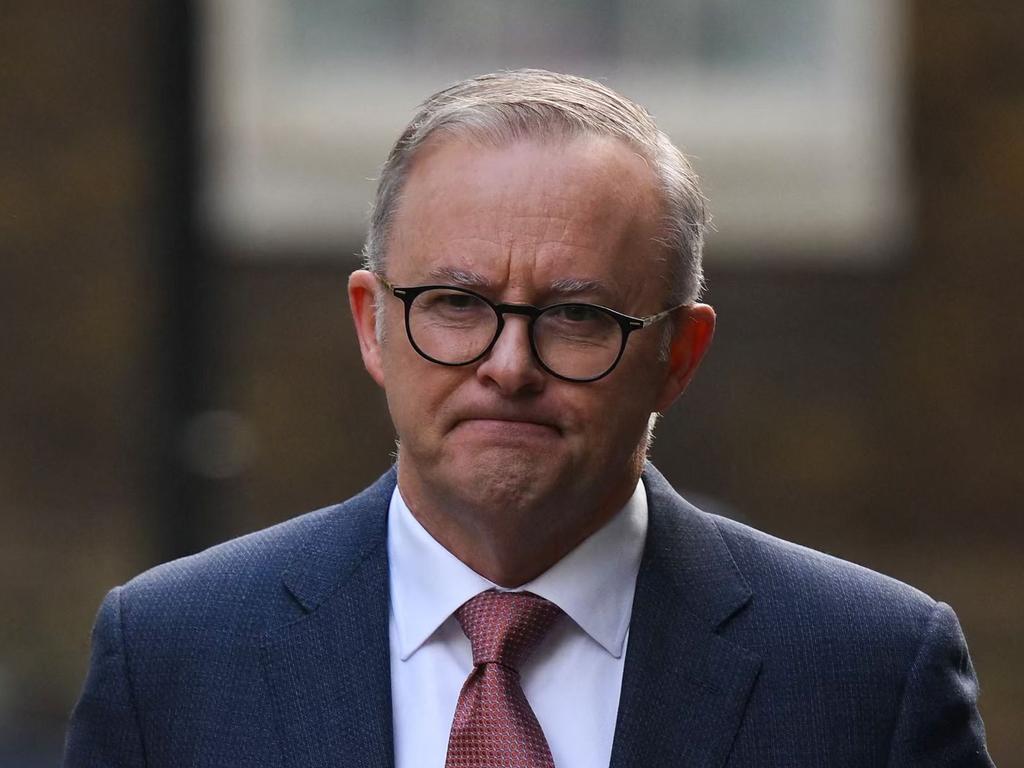
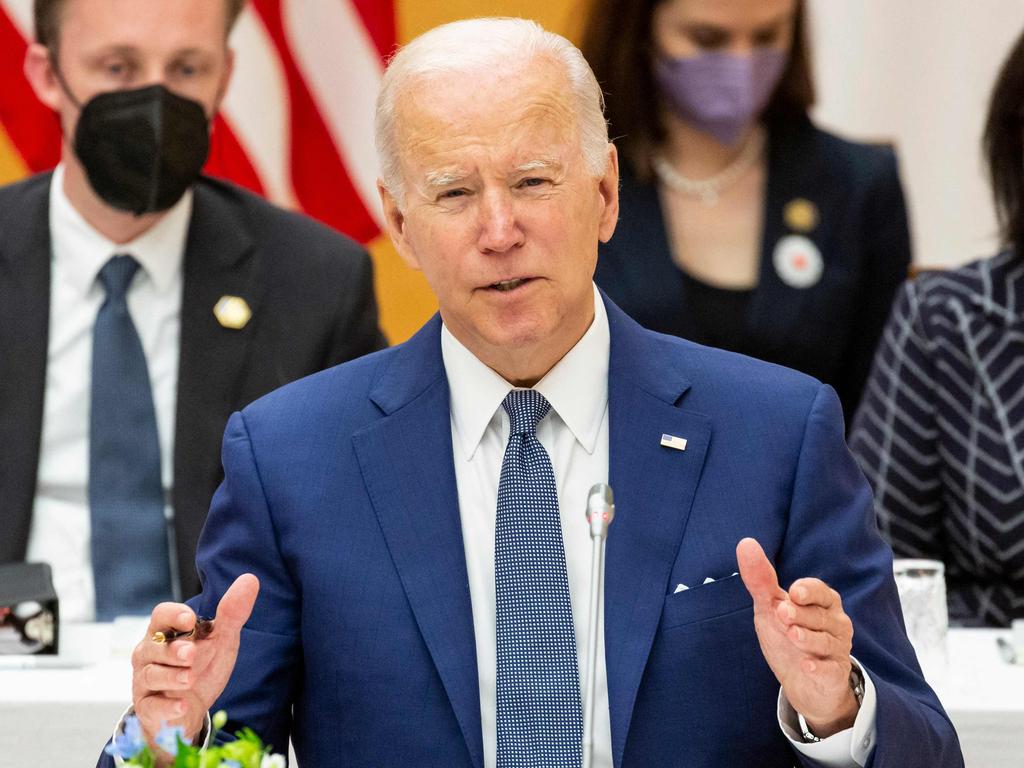
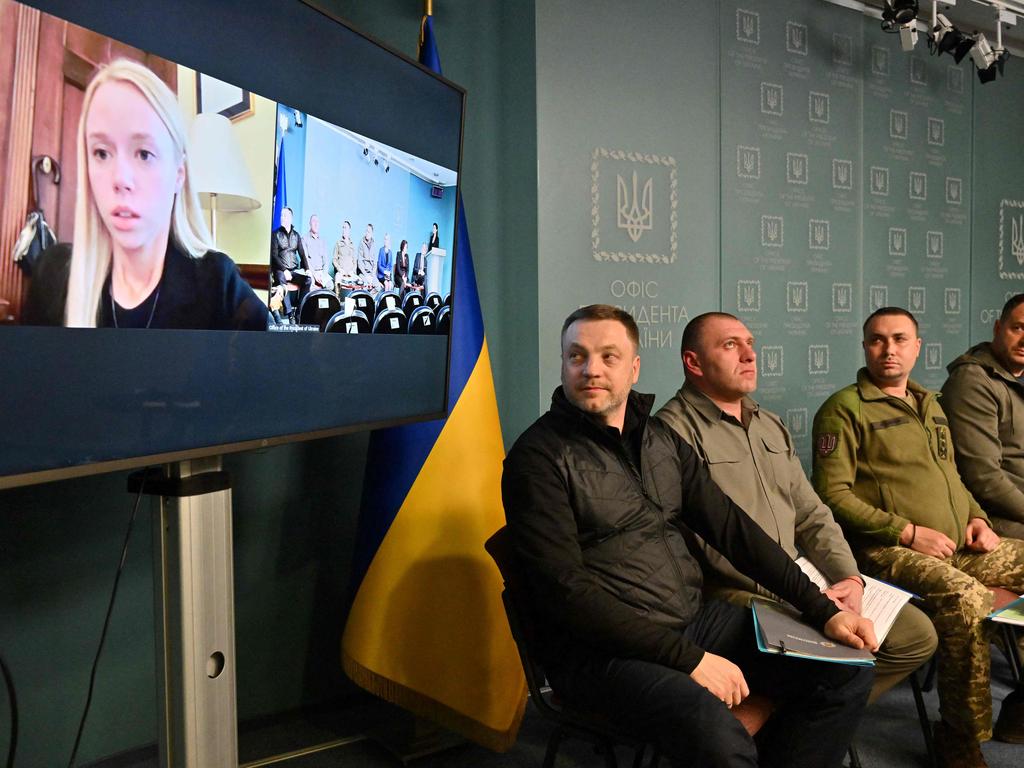


To join the conversation, please log in. Don't have an account? Register
Join the conversation, you are commenting as Logout